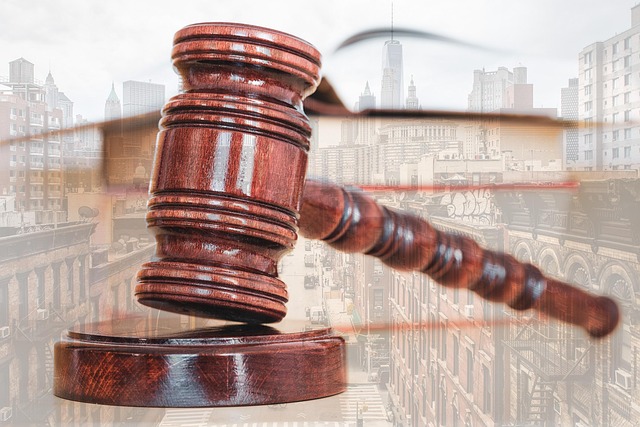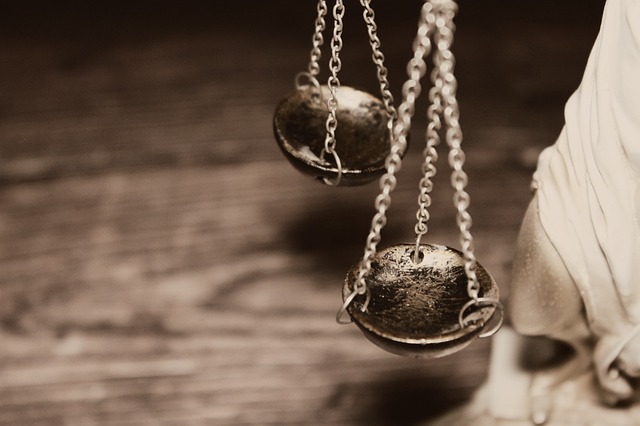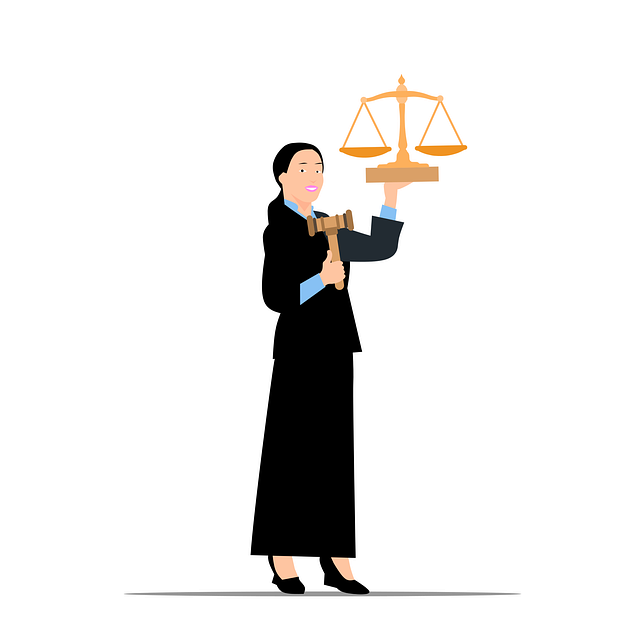The Statute of Limitations for libel cases, usually ranging from one to two years, is a crucial legal deadline for healthcare providers to avoid indictment in medical malpractice claims. Understanding and adhering to this varies-by-region law requires vigilant documentation and communication practices. Defense strategies involve differentiating between corporate and individual defendants, scrutinizing evidence, evaluating context, and presenting arguments to disprove libel. The Breyer v. Abbott Laboratories case exemplifies the high-stakes nature of these disputes, which can significantly impact industry practices. Healthcare providers must strategically defend against libel claims by understanding the Statute of Limitations, reviewing facts, and demonstrating truth or lack of malicious intent to protect their reputation and practice.
In the high-stakes world of healthcare, legal issues can have profound implications. This article delves into critical aspects of healthcare law, focusing on the intricate dynamics of the Statute of Limitations for libel cases. We explore time frames within which legal action can be taken, providing essential insights for medical professionals facing potential libel charges. Through compelling case studies, we analyze notable healthcare libel cases and their impact, offering practical strategies for navigating complex legal defenses. Understanding these key considerations is vital for healthcare providers aiming to mitigate risks and protect their reputations.
- Understanding Statute of Limitations: Time Frames for Legal Action in Healthcare
- Key Considerations when Facing Libel Charges in Medical Profession
- Case Studies: Notable Healthcare Libel Cases and Their Impact
- Navigating Legal Defense Strategies for Healthcare Providers Against Libel Claims
Understanding Statute of Limitations: Time Frames for Legal Action in Healthcare

The Statute of Limitations plays a crucial role in healthcare legal issues, especially for libel cases. This legal principle dictates the time frame within which a party can initiate legal action against another, ensuring cases are resolved promptly. In many jurisdictions, there is a set period, typically ranging from one to two years, from the occurrence of an alleged libellous act or harm to the filing of a lawsuit. Understanding and adhering to these time frames are essential for healthcare providers and institutions to avoid potential indictment and ensure the complete dismissal of all charges in libel cases.
Knowing the Statute of Limitations is critical for effective general criminal defense strategies, particularly when dealing with medical malpractice claims. Healthcare professionals must be vigilant about documenting their actions and communications to protect themselves against unwarranted legal pursuits. Staying informed about the specific statute in their jurisdiction further enables them to navigate these complex legal landscapes successfully.
Key Considerations when Facing Libel Charges in Medical Profession

Facing libel charges in the medical profession can be a complex and daunting task. When navigating such legal issues, several key considerations come into play. One of the crucial factors is understanding the Statute of Limitations for Libel Cases, which varies by jurisdiction but generally sets a time limit on when legal action can be initiated. This means that delays in responding to alleged libelous statements could result in a loss of legal recourse.
Additionally, distinguishing between corporate and individual clients is essential. The defense strategy may differ significantly depending on whether the lawsuit targets an organization or an individual doctor. Building a winning challenging defense involves meticulously examining the facts, understanding the context of the statement(s) in question, and presenting compelling evidence to refute the libelous allegations. This could include demonstrating truth, justification, or fair comment, as well as mitigating any potential harm caused by the statement(s).
Case Studies: Notable Healthcare Libel Cases and Their Impact

Healthcare libel cases have garnered significant attention due to their intricate legal and ethical dimensions. Notable examples, such as Breyer v. Abbott Laboratories, have shaped the landscape of medical litigation. In this case, a physician accused a pharmaceutical company of defaming his professional reputation by disseminating information regarding a drug’s alleged risks. The court’s ruling set a precedent for balancing free speech rights against the need to protect healthcare professionals from false accusations.
These high-stakes disputes often involve complex issues related to the Statute of Limitations for libel cases, further complicating efforts to achieve extraordinary results. Defense strategies in such matters frequently draw on white collar defense tactics, focusing on nuanced interpretations of evidence and legal precedents. The outcomes of these cases can have far-reaching implications for the respective business practices within the healthcare industry, underscoring the critical importance of precise communication and responsible disclosure.
Navigating Legal Defense Strategies for Healthcare Providers Against Libel Claims

Healthcare providers face significant legal challenges when confronted with libel claims, which can be particularly damaging to their reputations and practices. Navigating these complex issues requires a strategic approach, especially considering the intricate nature of medical services and patient interactions. One critical aspect is understanding the Statute of Limitations for Libel Cases, which varies by jurisdiction but typically sets a timeframe within which legal action must be initiated. This knowledge is crucial in mounting an effective defense.
Strategic defense strategies involve thoroughly reviewing the facts and circumstances surrounding the alleged libelous statements. Healthcare providers should ensure they can demonstrate the truth or absence of malicious intent, as these factors are essential in high-stakes cases. By employing robust investigative techniques throughout all stages of the investigative and enforcement process, providers can gather evidence to support their position and protect their professional integrity. This proactive approach is vital for his clients’ long-term success in the healthcare sector.
Understanding the intricate legal landscape surrounding healthcare is paramount for professionals aiming to avoid or effectively manage libel claims. By grasping key concepts like the Statute of Limitations for libel cases, recognizing potential triggers, and employing robust defense strategies, medical practitioners can safeguard their reputations and ensure the best patient outcomes. The case studies presented offer valuable insights into real-world scenarios, emphasizing the importance of proactive legal awareness in this field.






